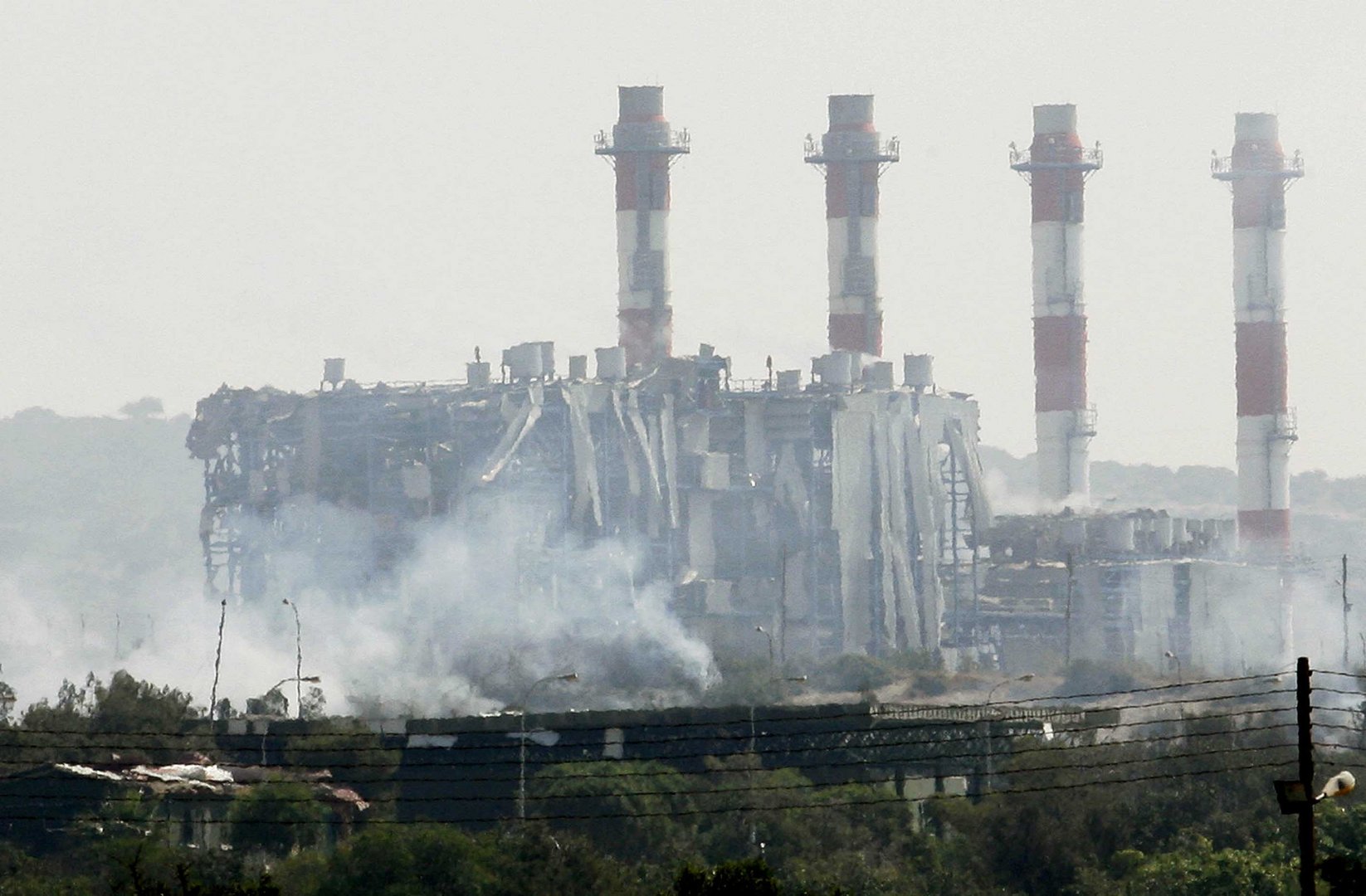The European Court of Human Rights (ECHR) on Tuesday ruled against a Cypriot national who had claimed his right to a fair hearing was violated after an unsuccessful appeal against his criminal conviction relating to the July 2011 deadly explosion at a naval base.
In a four-to-three judgment, the Strasbourg court said Andreas Loizides did not prove that his right to a fair trial was breached when the supreme court in Cyprus, in a tied vote, upheld a lower court’s decision that found him guilty of causing death by a rash, reckless or dangerous act.
In August 2013 the Larnaca criminal court had sentenced Loizides to two years’ imprisonment, which he subsequently served.
Loizides was among six defendants charged in relation to the massive explosion at the Evangelos Florakis naval base that caused the death of 13 people.
At the time, Loizides served as chief of the Special Unit for Disaster Response (Emak).
Following the decision by the criminal court, he lodged an appeal with the supreme court, challenging his conviction and sentence.
In April 2014, at the beginning of the appeal hearing, the president of the supreme court informed the parties that one of the judges would not form part of the bench owing to his upcoming retirement in June.
In December of the same year the supreme court, sitting in a 12-judge formation, delivered three judgments in relation to the applicant’s appeal. All three appeals were dismissed.
Loizides argued that he had not had a fair trial. He claimed that his appeal had been dismissed on the mere fact of the tied vote. As a result, the applicant argued that the above section did not respect the principle for the presumption of innocence as the balance should tilt in his favour. He therefore claimed that the supreme court had been deprived of the power to decide and overrule his conviction, in violation of Article 6 of the European Convention on Human Rights – the right to a fair trial.
But in its ruling the ECHR stated: “The Court has not interpreted a tied vote to constitute per se a violation of Article 6 of the Convention nor can it find in the circumstances of the present case that section 27(2) is per se contrary to Article 6 of the Convention.
“However, it is still necessary for the Court to establish, whether, in the particular circumstances of the present case, the Supreme Court’s judgments resulting in the dismissal of the applicant’s appeal were reasoned enough to allow the applicant to understand why the dismissal was the result of the operation of section 27(2), and whether that decision was clear enough as to its conclusion and outcome.”







Click here to change your cookie preferences